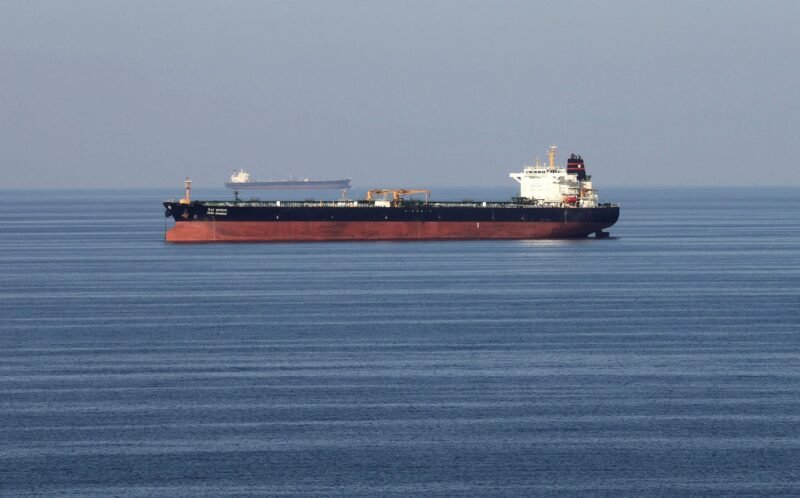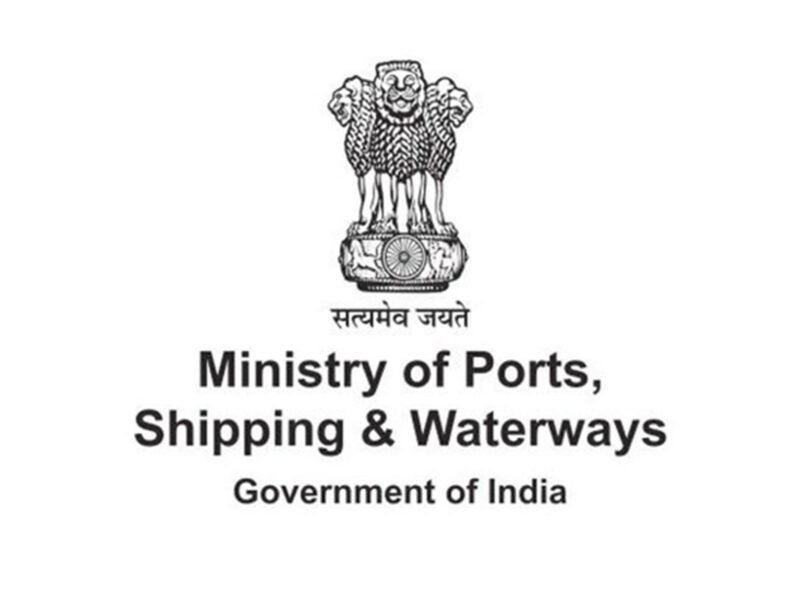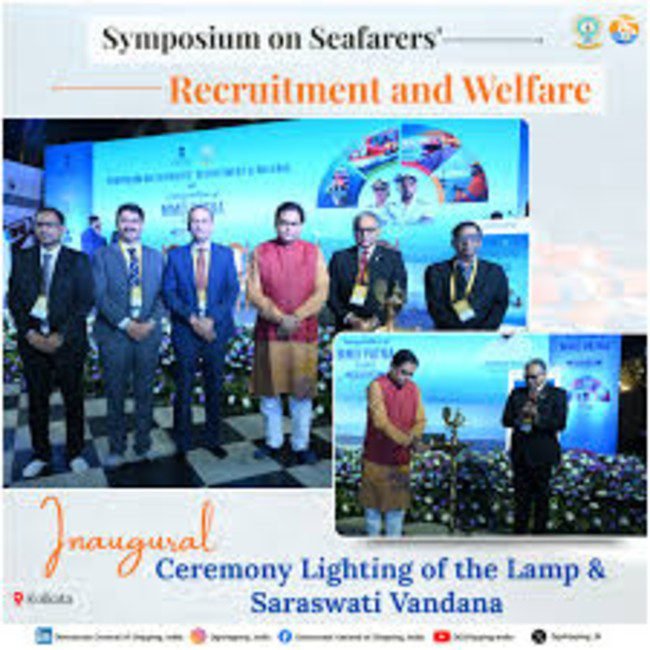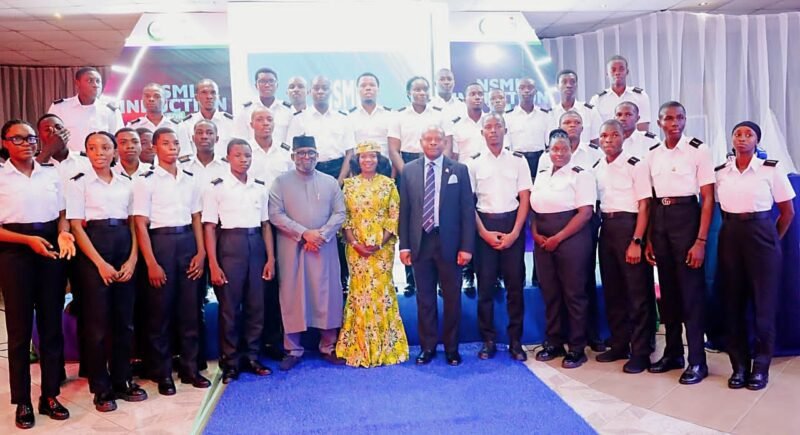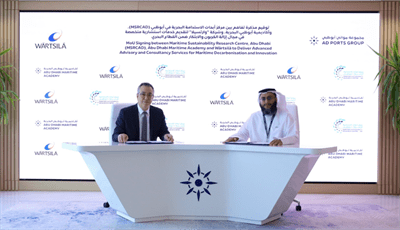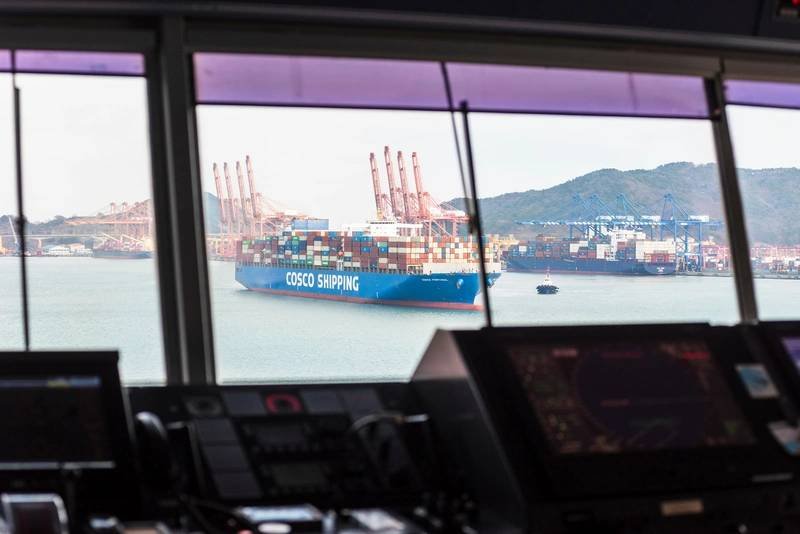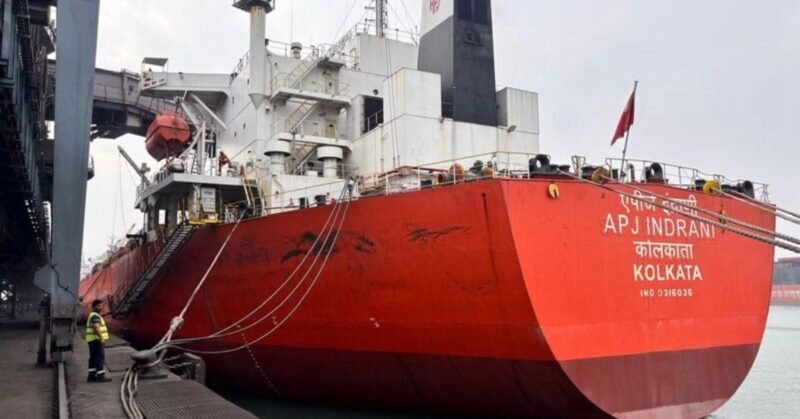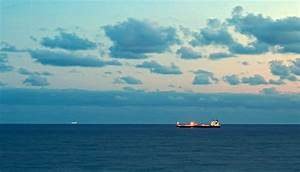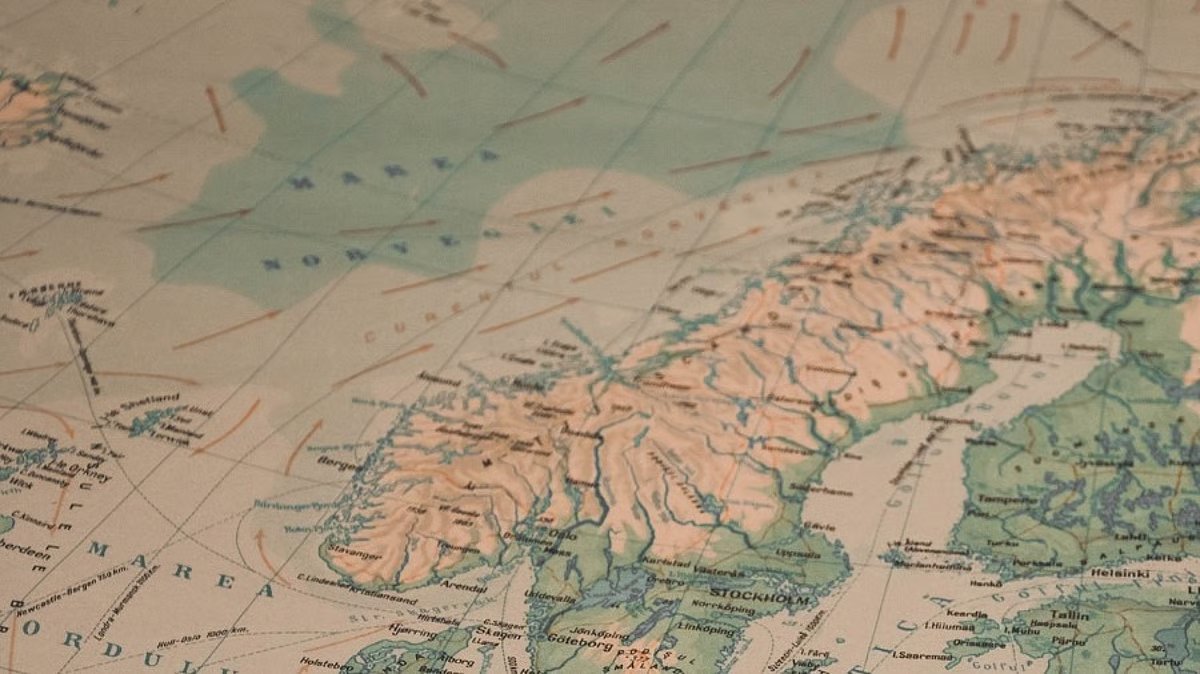The International Maritime Organization (IMO) is intensifying its initiatives to prepare seafarers for the energy transition in shipping, aligning with its strategy to reduce greenhouse gas emissions from vessels. To facilitate this transition, the IMO has released interim guidelines for training seafarers on ships utilizing alternative fuels and new technologies. These guidelines establish a global framework for developing and approving training programs for crew members aboard such vessels.
In addition to the generic guidelines, the IMO is also crafting fuel- and technology-specific training protocols for various alternatives, including methyl/ethyl alcohol, ammonia, hydrogen, LPG, and battery-powered ships. These specialized guidelines will be reviewed by the IMO’s Sub-Committee on Human Element, Training and Watchkeeping in February 2026, with the aim of forming the foundation for mandatory training requirements under the revised 1978 STCW Convention Code, which is currently under review to support decarbonization and digitalization efforts.
To bolster these regulations, the IMO is expanding its technical support to Member States through various initiatives. This includes a three-year project funded by Japan to train instructors in Asian countries on LNG-fueled ship operations, and a partnership with the World Maritime University to develop training materials on alternative fuels. Additionally, the GreenVoyage2050 Programme is aiding trainers in developing countries to create relevant courses and online learning modules.
Through these new training standards and enhanced support, the IMO aims to ensure a just and well-prepared transition for seafarers, engaging closely with industry and academia to lay the groundwork for a sustainable maritime future.
Share it now







